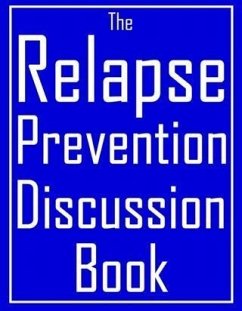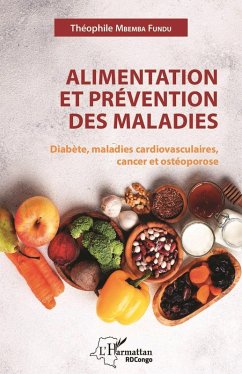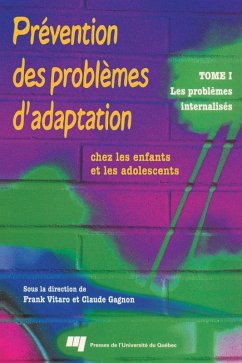
Prevention (eBook, ePUB)

PAYBACK Punkte
2 °P sammeln!
What if we could single out the unproductive? What if we could find, and eliminate, the ones who do not fit in? Even better, what if we could prevent them from entering our world? Some people may want to ponder these questions. Some people may also want to act on them, and do something about it. An organisation, headed by its Leader in collaboration with the man known to them as the Treasurer, has been formed, and their goal is to create a better society. They will do it using DNA, and they will use DNA patterns for selecting the ones who are fit, and suitable, and have the talent for science ...
What if we could single out the unproductive? What if we could find, and eliminate, the ones who do not fit in? Even better, what if we could prevent them from entering our world? Some people may want to ponder these questions. Some people may also want to act on them, and do something about it. An organisation, headed by its Leader in collaboration with the man known to them as the Treasurer, has been formed, and their goal is to create a better society. They will do it using DNA, and they will use DNA patterns for selecting the ones who are fit, and suitable, and have the talent for science and rational reasoning. They will do it while our protagonist, Oliver Dalton, continues his ordinary life, with a permanent job at the University and with a temporary assignment at the Department of Education and Societal Health. He has been hired, by the Department, and his task is to see patterns in DNA, using the national DNA database as his data set. His world interleaves with the world of the organisation and their Treasurer, and it affects Oliver and his family, in ways that they had not anticipated. The organisation refines its plans while Oliver spends time in Munich, visiting his daughter and celebrating his own birthday. When the organisation finally decides how to carry out their mission, by shifting their focus from elimination to prevention, Oliver is busy with his work. When Oliver is informed that his daughter is in danger, and the police steps in, this is not an end, but rather a beginning, of an even more complex situation. Set in Munich and in an unspecified Northern country, in a society with science and technology as driving forces and with art in its different forms as a sometimes debated complement, Prevention is a "fast-paced modern thriller. The plot is well executed and the writing is crisp and engaging. The character of Oliver Dalton is well drawn and relatable and the cast of supporting characters is equally realistic. Prevention probes into the field of DNA matches and profiling, and the various uses that gene matching can be put to."
Dieser Download kann aus rechtlichen Gründen nur mit Rechnungsadresse in A, B, BG, CY, CZ, D, DK, EW, E, FIN, F, GR, HR, H, IRL, I, LT, L, LR, M, NL, PL, P, R, S, SLO, SK ausgeliefert werden.













